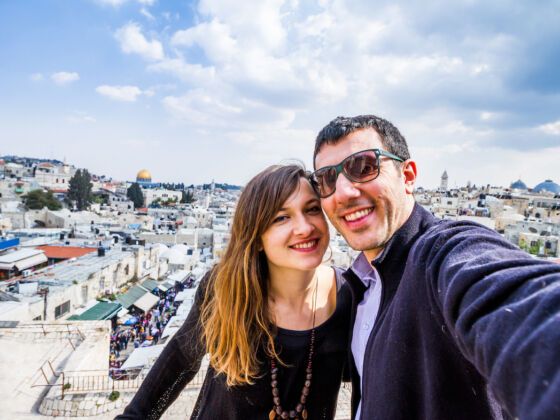1. I stopped using Sundays as an excuse to lay around and be lazy.
Now that I live in Israel, I’ve been forced to give up any attachment I once had to Superbowl Sunday, unless I want to use a vacation day. Basically, Sundays are the American Monday here. I had to learn get back to the office grind with all of my colleagues — from Cellcom workers to Hamashbir Lazarchan employees — a day before the rest of my friends back home.
In America, Sundays used to be my favorite days of the week, but I don’t mourn for them anymore. Friday’s Shabbat dinners have quickly filled the void — mainly with tabbouleh salad, selek yarok, and bishbash.
